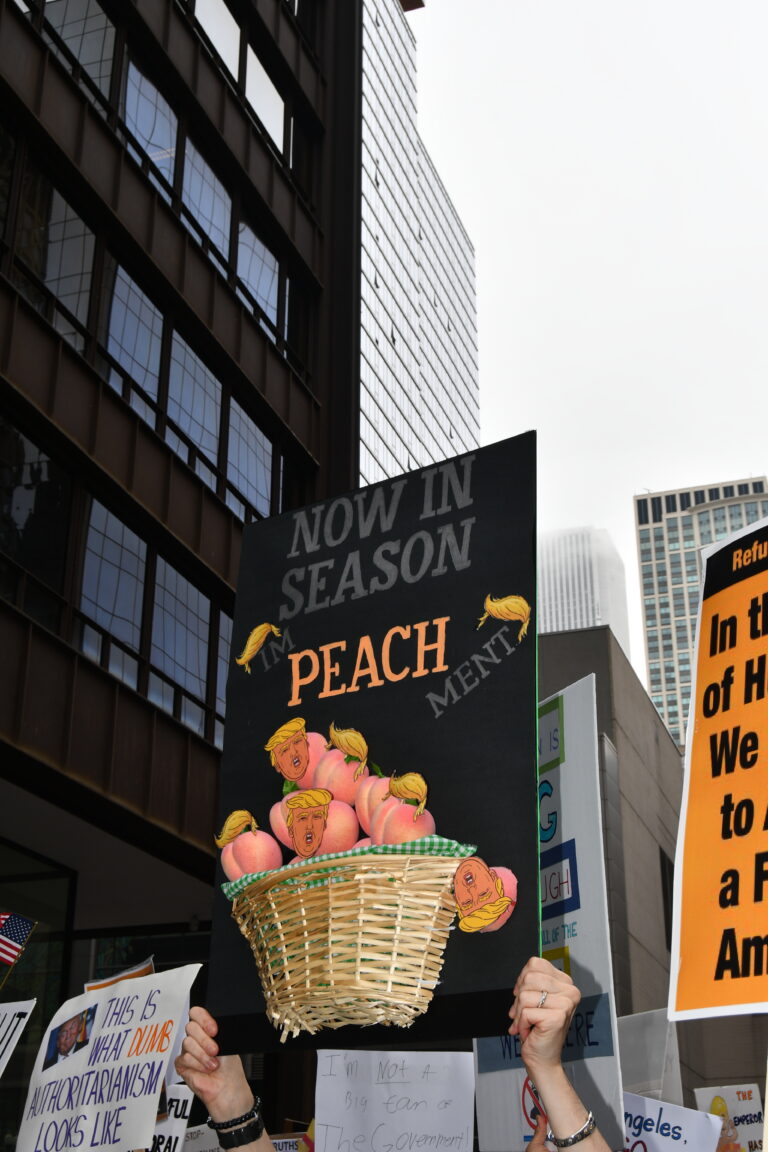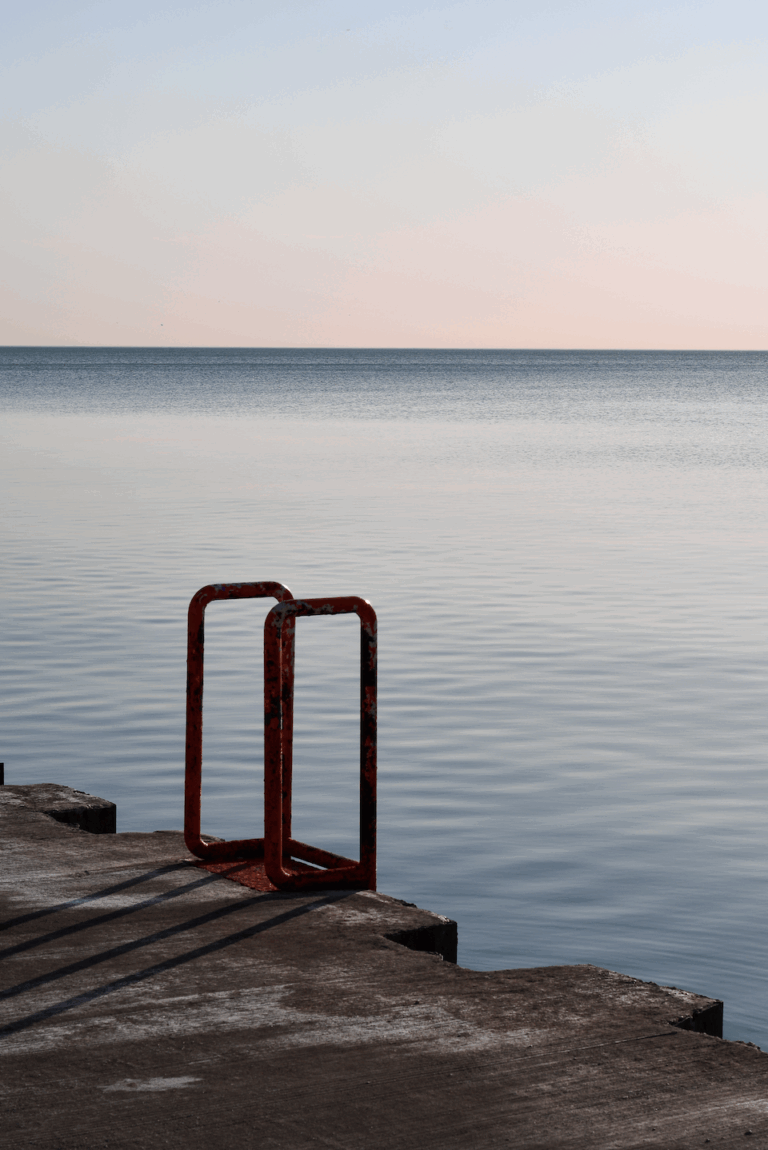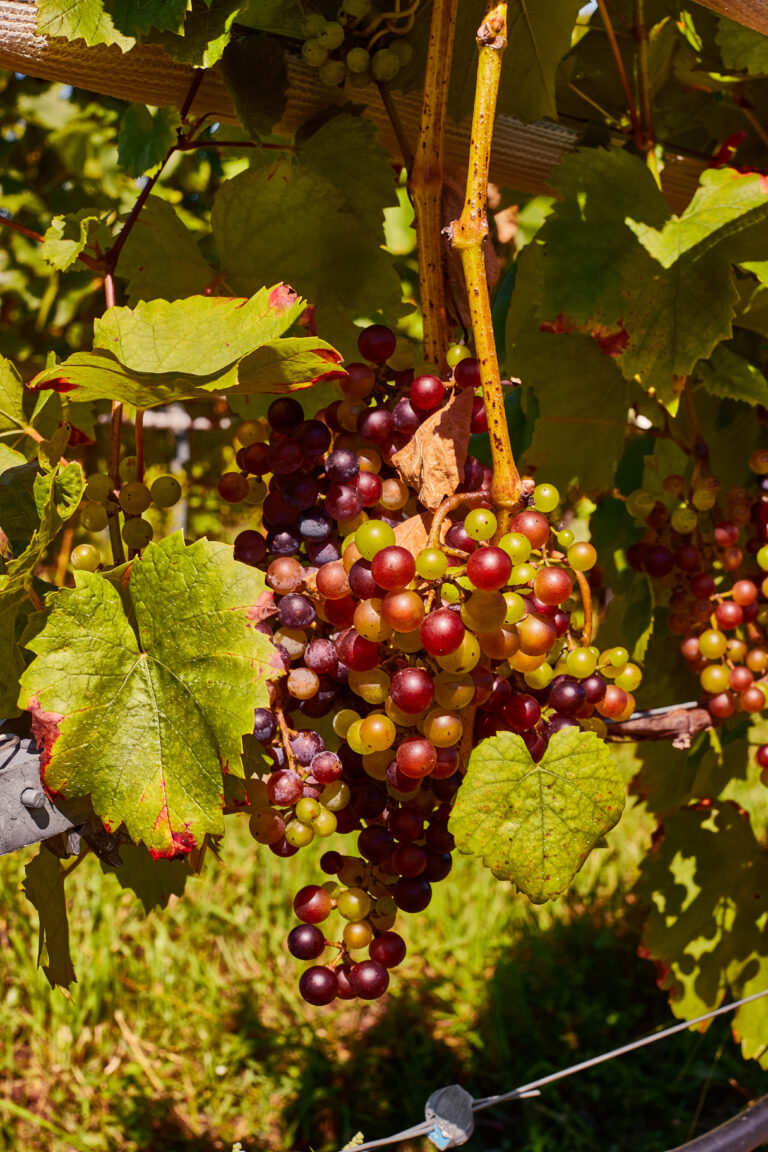
Chicago’s Fish-Free Seafood Startup You Need to Know
Aqua Cultured Foods, based in Chicago’s West Town, creates “seafood” that is 100% free of fish through fermentation.
Brittany Chibe went on a diving trip to the Great Barrier Reef expecting to have “a magical dive experience” after getting her open water scuba diving license. Instead she “was met with heartbreak.”
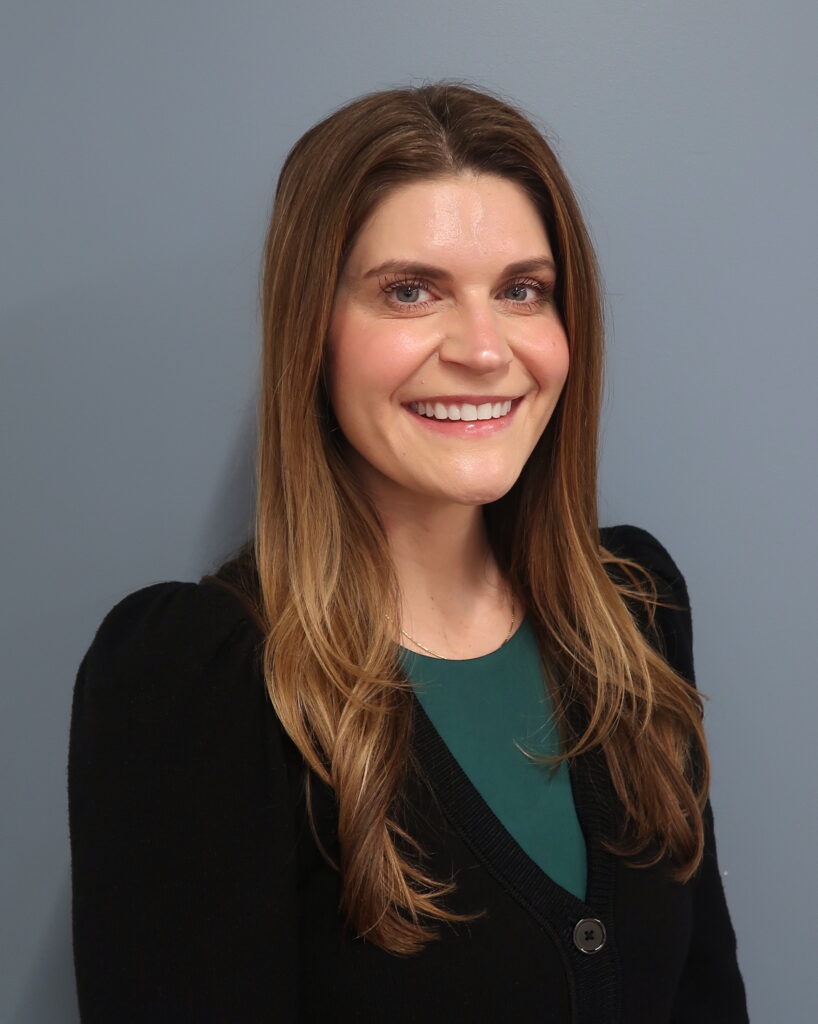
“I saw first-hand the devastating impacts that climate change and traditional fishing practices have had on our oceans. After more research, I was left with the thought that if humans created this problem, we have the power to be the solution, and the idea for AQUA was born,” she said.
Around the world, the demand for seafood continues to grow each year and to meet the demand, more seafood is being harvested, which is leading to overfishing (90% of fish populations are currently fished at, or beyond, sustainable limits), habitat damage, climate change and other negative impacts, according to the Monterey Bay Aquarium.
Launched in 2020, AQUA Cultured Foods creates 100% fish-free seafood created through fermentation.
“Through experimentation we discovered that a by-product of another fermentation-derived food closely resembled raw scallops,” said Chibe, co-founder and chief executive officer of AQUA. “In its natural state, the cellulose material we grow using fermentation mimicked the appearance and texture of raw seafood.”
AQUA’s patented process begins with “a proprietary microbial consortium,” Chibe said. “In a temperature-controlled grow room within our West Town pilot facility, we grow those microbes using a biomass fermentation process into cellulose (a pure fiber) and then turn that cellulose into whole-cut filets that naturally resemble the appearance and texture of raw seafood. We simply add plant-derived flavors and colors to replicate the umami tang of tuna and buttery bite of scallops. Once marinated, AQUA is ready for any chef to prepare and plate.”



The fermentation process yields a nutritious and more natural product, Chibe said.
“From a market standpoint, we address the skepticism that alternative protein products inherently face by emphasizing our ‘food made from food’ process. Using the same process that brings us some of the foods we love, such as beer and sourdough, we create fish-free seafood that offers the flavor and texture of raw fish with minimal ingredients and zero compromise,” she said.
Chibe, who was born and raised in Chicago and earned her undergraduate degree from the University of Illinois Urbana-Champaign and MBA from the University of Illinois Chicago, said Chicago’s entrepreneurial ecosystem and reputation as a “hub of innovation” were reasons for basing the company in the Windy City.
And of course the food. She said Chicago has a rich culinary history, making it “the perfect setting with a nationally recognized food scene, dozens of Michelin-starred restaurants, and incredible diversity in cuisine that seamlessly integrates our raw seafood ingredients.”
One advantage that AQUA’s faux fish has over seafood is its three-week shelf life compared to the relatively short window for traditional fish and shellfish, making it a versatile option that lends itself to a variety of cuisines.
“We estimate that if just 10 restaurants served AQUA for one night, instead of traditional scallops or tuna, we could offset the carbon emissions equivalent to a one-way flight from New York to LA. Think about the impact we will make when AQUA is on menus worldwide,” Chibe said.
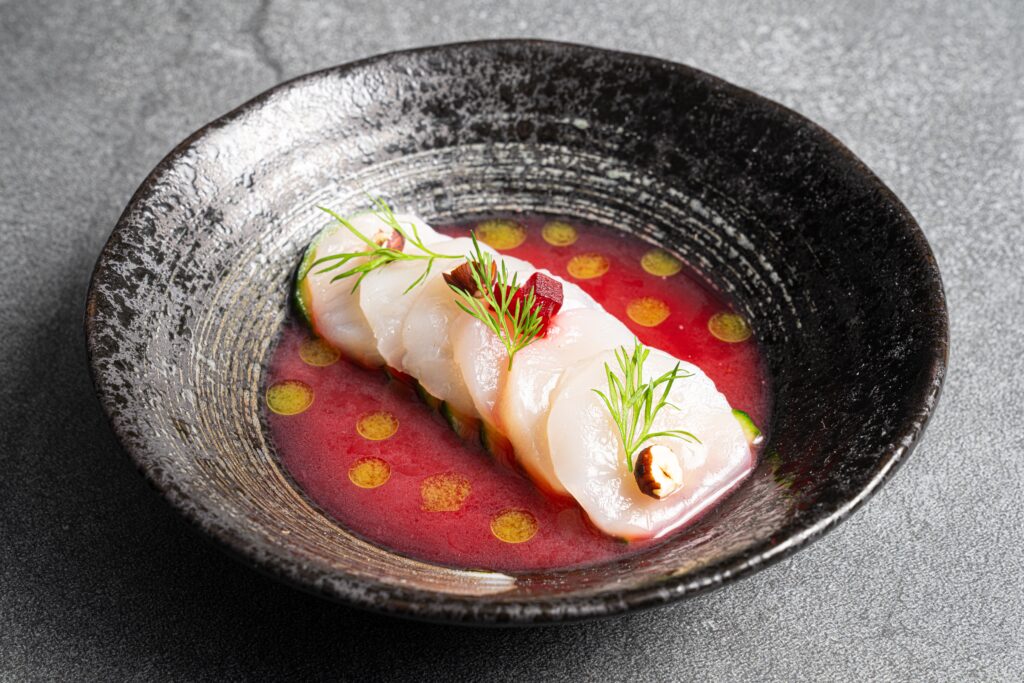
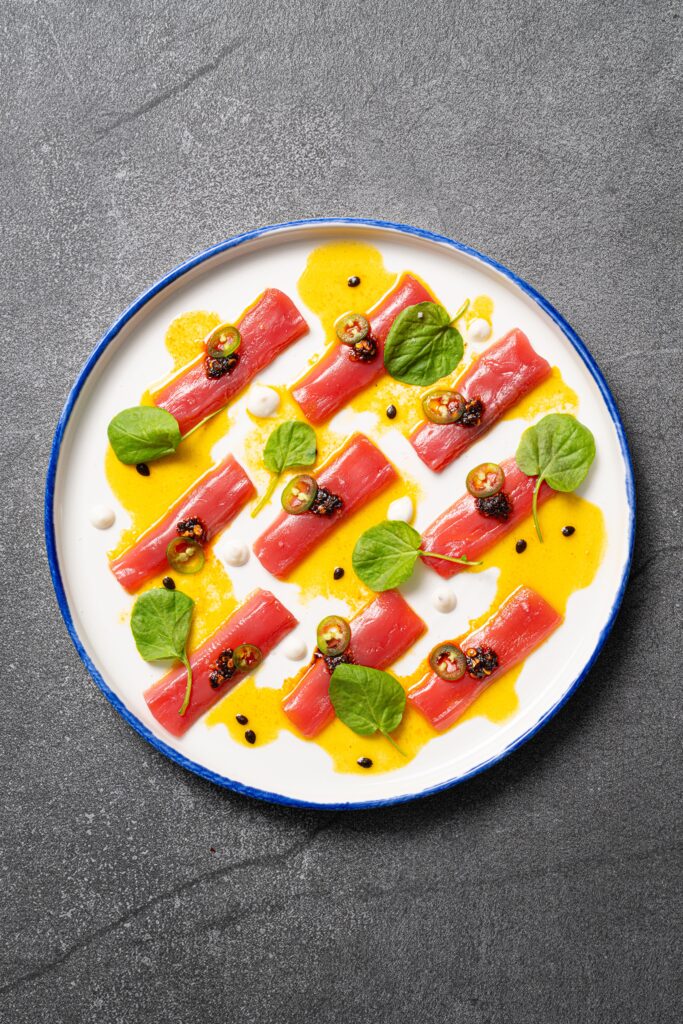
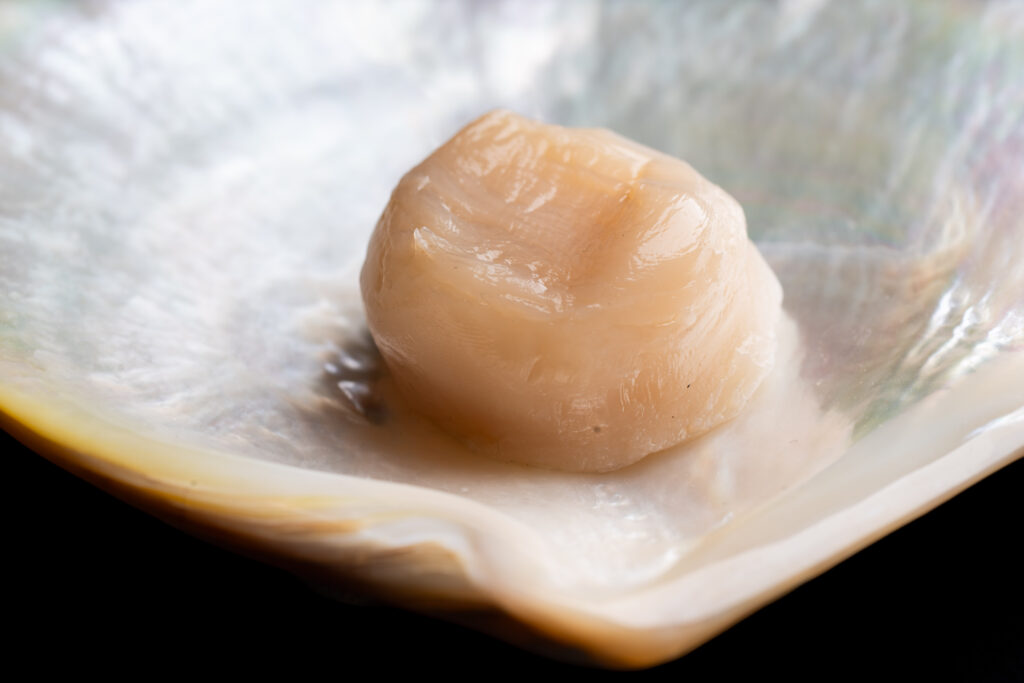
Looking ahead, Chibe said the company is aiming to fill capacity at the West Town facility in 2026 to meet fine dining and foodservice demand across the country.
“While we’re focused on seafood today, it’s just the beginning. AQUA’s base material, cellulose, can be added as a raw ingredient to increase fiber and moisture content in human and pet food products, used as a scaffold for cultivated meat, or incorporated into applications beyond food, such as medicine, beauty, or textiles,” she said.
While Aqua addresses several food system challenges, Chibe said “the paramount issue is the growing demand for seafood on a warming planet with rapid population growth.”
According to the United Nations, the current world population of 7.6 billion is expected to reach 9.8 billion by 2050 at a rate of roughly 83 million people being added to the world’s population every year.
“Currently, seafood accounts for 20% of global protein intake, yet nearly 80% of the world’s fisheries are already fully exploited,” Chibe said. “With alternative seafood products like AQUA, we can relieve pressure on the ocean as a food source, allowing habitats to heal, fish populations to recover, and truly keep seafood on our menus forever.”
Photos and illustrations provided by Aqua Culture Foods.

